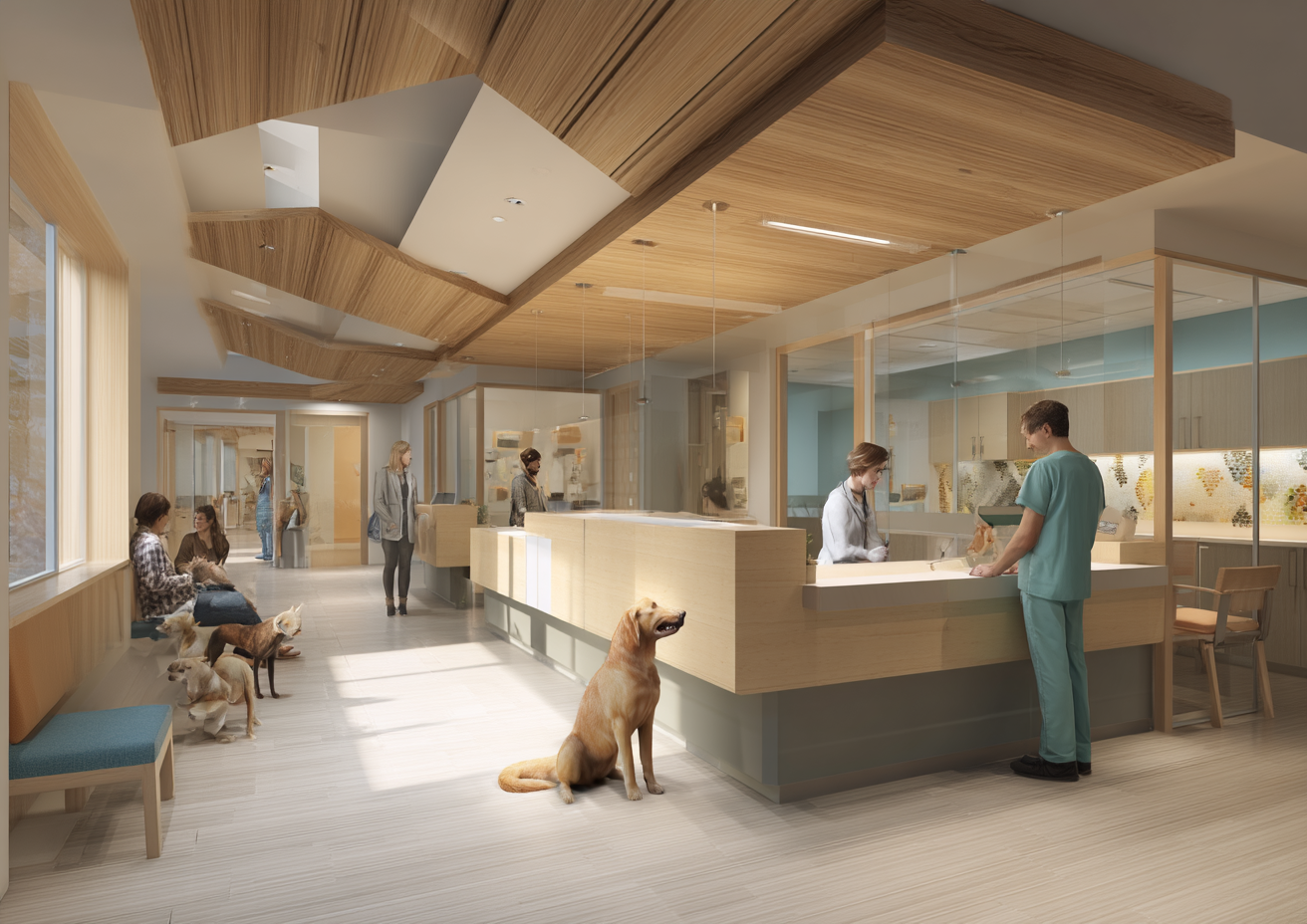The realm of home health care services in the United States is becoming increasingly intricate, particularly in the realm of medical appeals. As of 2025, home health care providers face substantial challenges related to the appeals process for Medicare reimbursements. The process is not only lengthy but also costly, requiring a collaborative effort between clinical and legal teams. The outcomes can significantly impact patient care and financial viability for home health agencies.
Understanding the Appeals Process for Home Health Services
First, let’s examine the common grounds for medical appeals in the home health care sector. Medicare often denies claims based on several factors, including:
- Insufficient documentation of medical necessity.
- Non-compliance with Medicare’s guidelines regarding skilled care.
- Claims submitted after the stipulated deadlines.
Understanding these challenges is crucial for providers aiming to minimize the risk of claim denials. Therefore, it is essential for home health care agencies to prioritize compliance and documentation practices that align with Medicare standards.
The High Costs of Appeals: A Financial Burden
Another significant issue that providers face is the costly appeals process. In a 2022 study, the Home Health Care News reported that the average cost burden of facing a denial could reach thousands of dollars annually for a single agency. This financial strain can severely restrict the resources available for patient care, making effective management of appeals a basic necessity.
To mitigate this financial burden, organizations must explore efficiencies in the appeals process. Home care providers should invest in training and resources that can lead to more accurate claims submissions. Investing in robust documentation practices means fewer denials and better operational budget management.
Collaboration is Key: Joining Forces of Legal and Clinical Teams
Because medical appeals significantly involve both legal and clinical aspects, collaboration is critical. The need for legal expertise becomes even more pronounced when dealing with complex regulations about billing privileges, compliance standards, and the latest Medicare guidelines.
For example, consider a case where a home health agency’s appeal is denied due to inaccurate coding. Involving legal experts in clinical discussions can lead to a smoother understanding of these intricacies. Agencies like Pulivarthi Group emphasize creating workflows that bridge clinical and legal divisions. Moving forward, home health care providers should establish scheduled meetings between legal and billing teams to review upcoming appeals and anticipate potential issues.
A High-Risk Game: Consequences of Poor Appeal Management
Failing to properly manage appeals can lead to severe consequences, including the risk of losing Medicare billing privileges. According to recent data, agencies that consistently face claim denials risk a review of their billing practices by Medicare. This could result in losses that extend beyond denied claims, threatening the very existence of such home health organizations.
Hence, it is imperative for providers to understand the ramifications of poor management in the appeal process, not only from a financial perspective but also regarding patient care. A robust legal and compliance structure can serve as a safeguard against costly repercussions.
Best Practices for Tackling Home Health Medical Appeals
To promote successful appeal strategies, home health care providers should adopt several best practices. Below are actionable insights to enhance your appeal process:
- Educate Staff: Conduct seminars and training programs for staff addressing common pitfalls in claims submission.
- Document Effectively: Ensure meticulous documentation supports the necessity and appropriateness of the home health services provided.
- Foster Communication: Establish ongoing dialogues between clinical and legal teams to facilitate swift problem-solving for appeals.
- Leverage Technology: Utilize software solutions designed for managing claims and appeals to ensure timely submissions and follow-ups.
Applying these strategies will not only streamline the appeals process but also improve financial outcomes for agencies. By being proactive in their approach to appeals, home health agencies position themselves to be more resilient and better equipped to tackle challenges that may arise.
Engaging with Legal Experts: Your Essential Resource
Home health care providers often find themselves navigating complex regulatory landscapes. Here, enlisting the assistance of legal counsel in home health becomes invaluable. Experienced legal professionals can provide guidance during the appeals process and ensure compliance with Medicare regulations. Furthermore, they can assist in preparing persuasive appeal letters and documents, strengthening the agency’s case when presented to reviewing parties.
Moreover, organizations such as the Pulivarthi Group can furnish home health care providers with the necessary tools and support to cultivate a legally sound appeal strategy. This collaboration will empower agencies to develop a more streamlined process that meets both clinical and legal expectations.
The Importance of Continuous Improvement
In the competitive landscape of elderly care services, continuous improvement in the appeals process is vital. Providers should regularly evaluate their appeal outcomes and adjust practices based on past results. Using data analytics can be beneficial in identifying patterns related to denials and appeals.
Commitments to continuous education and process refinement will not only enhance the appeal experience but also foster a culture of excellence within the organization. For example, maintaining a feedback loop where outcomes are discussed allows for a quick pivot to address recurring issues, thus minimizing the impact on operations.
The Future of Medical Appeals in Home Health Care
As the landscape of home health care continues to evolve, so do the complexities surrounding medical appeals. By 2025, agencies that fail to adapt may find themselves at a competitive disadvantage. Therefore, it is imperative for home health care providers to remain vigilant about changes in regulations and best practices relating to medical appeals.
In addition, organizations are encouraged to leverage resources that streamline their operations. Utilizing the right technology, combined with a strong partnership between legal and clinical teams, can enhance the overall appeal process, ensuring that providers remain compliant while minimizing denials.
Conclusion: Navigating Towards Success
In conclusion, the intricate nexus of medical appeals within the home health care industry serves as an essential focal point for providers. A proactive approach involving robust documentation, seamless communication between teams, and legal expertise can significantly reduce the challenges associated with appeals.
As a result, home health agencies will not only safeguard their resources but also enhance patient care. Effective management of medical appeals should not be seen merely as a requirement; instead, it should be viewed as an opportunity to strengthen the organization.
If you’re ready to streamline your medical appeals process and ensure compliance, we invite you to consult with our legal experts for successful appeal strategies. Together, let’s ensure that your agency thrives in the competitive world of home health care.






